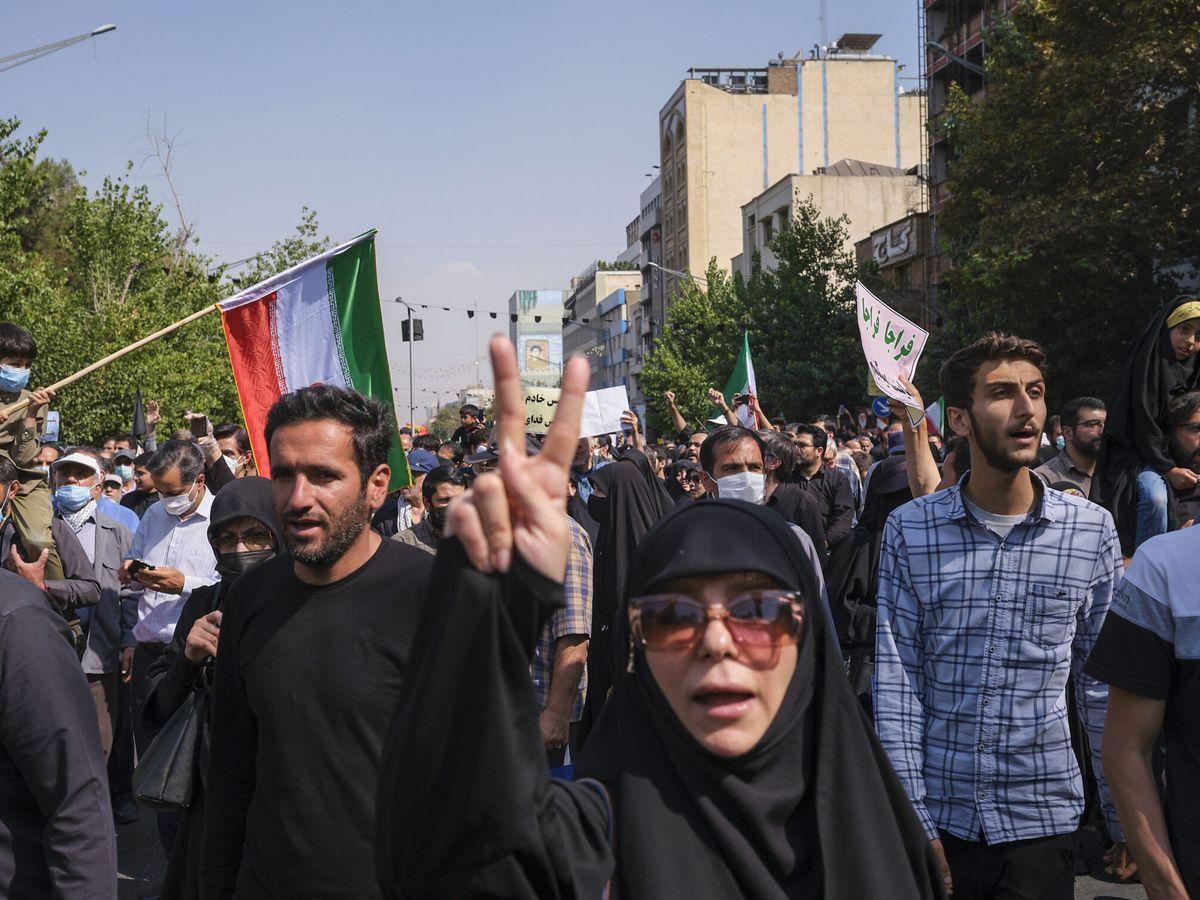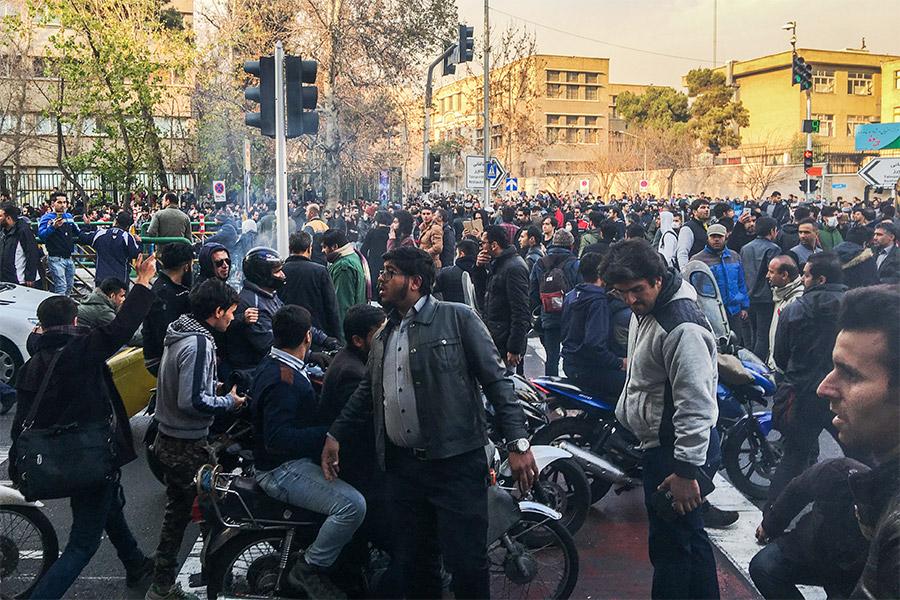What's on Tehran's menu? Flogging, fines, prison Wave of protests sweeps Iran again
The problems facing the Iranian industry are manifold. The country's government is pursuing a policy of privatisation. Under Iranian state capitalism and cronyism, privatised companies are usually handed over to private owners with ties to officials. The result is an increase in incompetence and the unrestrained absorption of budget funds that officials allocate to keep the companies in business.
Another major problem relates to changing employment conditions. Historically, Iran has had a degree of government protection of workers' rights. Skilled workers and professionals used to work for a fixed wage and could not be fired without cause. However, in recent years, private subcontracting companies have emerged. They hire the workers, not the factory management. The workers work in worse conditions and are employed on a temporary basis, meaning that they can be fired at any time.
All this, after all, comes with rising inflation. According to official data, prices are soaring by 40-50 per cent a year, but the real figures are probably much higher. Even the official Iranian press reports that the cost of products can go through the roof reaching 100 per cent or more. Inflation is a 'tax on poverty' and low-wage workers, who spend a significant proportion of their wages on food, are the hardest hit. All this is taking place against a backdrop of the enrichment of bureaucrats and privatisation businessmen, the growth of social inequality and widespread working-class resentment.
There are attempts to form legal trade unions in Iran. However, this is extremely dangerous and activists are often arrested. As a result, many workers are opting for illegal, non-union strikes, sometimes organised by proxies using the Telegram network.

Various Iran-related websites are publishing reports and videos suggesting that the country is experiencing another outbreak of social protest. For example, workers at the Iran National Steel Industrial Group (INSIG) in Ahwaz held a mass rally on January 28 to reiterate their demands and protest against the regime's inattention to their needs. The rally, which took place in front of the Khuzestan Governorate building in Ahwaz, marked the sixth day of protests. The workers chanted: "If our problems aren't solved, we're going to revolt in Ahwaz" and "We haven't seen justice, we're not going to vote again".
The protest comes amid desperate efforts by the authorities to encourage participation in the country's parliamentary elections, which are due to take place on March 1, 2024. In the previous parliamentary elections, the Guardian Council, which is linked to Supreme Leader Ali Khamenei, removed hundreds of candidates deemed undesirable to the regime and ensured a 'victory' for candidates from the powerful IRGC, who won around two-thirds of the seats.
Protests by steelworkers in Ahwaz have intensified over the past year. Workers are protesting against poor working conditions, insecure contract status, temporary employment and poor management of the factories. In response to the workers' demands, the authorities have sacked some workers and threatened others with dismissal, fines and corporal punishment. On September 27, the judiciary announced that it had sentenced 17 protesting INSIG workers to flogging, imprisonment or fines. However, the protests continued.
Arkan-e Sevom workers at oil refineries in South Pars also stopped work and organised protest rallies at facilities across the region.
Temporary workers in Gachsaran protested on January 28. Workers are demanding reform of their labour status, fair payment of wages and benefits, and the removal of middlemen who cut their wages.
Delayed pay is also becoming a cause for striking in Iran. In Chabahar, workers at a seawater desalination project held a rally over the authorities' continued delay in payment of their wages. In Hamedan, workers at the Hegmataneh petrochemical company are holding rallies to protest three months of delayed wages.

In Gachsaran, oil sector workers held a large protest rally demanding better working conditions, higher wages and other basic needs.
In Ahwaz, pensioners and employees of the Social Security Organisation resumed their weekly protest rallies, repeating their demands for higher pensions. Under Iranian law, pension payments must be in line with economic conditions. However, despite the exorbitant costs, the authorities have refrained from increasing pensions. This has worsened the situation of many elderly people.
All in all, Iran is witnessing a new wave of working-class protests. Such events are particularly dangerous for the authorities in light of Iranian traditions. The general strike of November 1978 paralysed the country's economy. It was one of the reasons for the fall of the Shah's regime.








